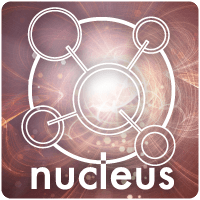Over the past week we’ve worked tirelessly to perfect our timetable import code and we’ve now got a system that is working with real data. A select few students have now been given access to iCal feeds for both their timetables and their Blackboard assignments and the Library is hoping to have their Talis Keystone system in place very soon meaning we can start producing feeds of people’s book return dates.
Our next big job is to move away from bulk imports of data and instead start developing code that will go through and validate and verify events. So this could be looking for changes in the time of events or verifying that the right students are seeing the right events (in the event of a student changing course for example). With these changes logged we can then tackle one of the top requests that students have of the University and that is to be better informed of changes to their timetables.
The main timetables are produced by the Registry department however they aren’t informed if a lecturer is ill on a particular day, and in any case timetables aren’t updated currently until the following morning, so we’re planning on developing a tool for faculty offices to use so that they can make individual amendments to timetables when rooms need changing or lectures have been cancelled so that students can be informed sooner.
The logging of these changes will be important for Blackboard too. Certain schools and faculties like the idea of personalised assignment calendars however their own internal policies don’t allow staff to set deadlines inside Blackboard because deadlines may be changed by lecturers and senior staff aren’t informed. This is why the Computing School for example release a huge Excel spreadsheet of deadlines because it means only two people have access to change deadlines. We don’t want to be in a situation where we have to create individual departments their own tools to manage assignment deadlines, we’d prefer everyone used Blackboard and so with the ability to log changes to events what we could do is delay the update of the deadline in the student calendars for 24 or 48 hours giving senior staff a period in which to change it back to the original date or leave it (i.e. approve the change).
Our plan over the next few weeks is to perfect our API for querying events, give more students access to the their iCal feeds and also start developing the front end calendar application.
